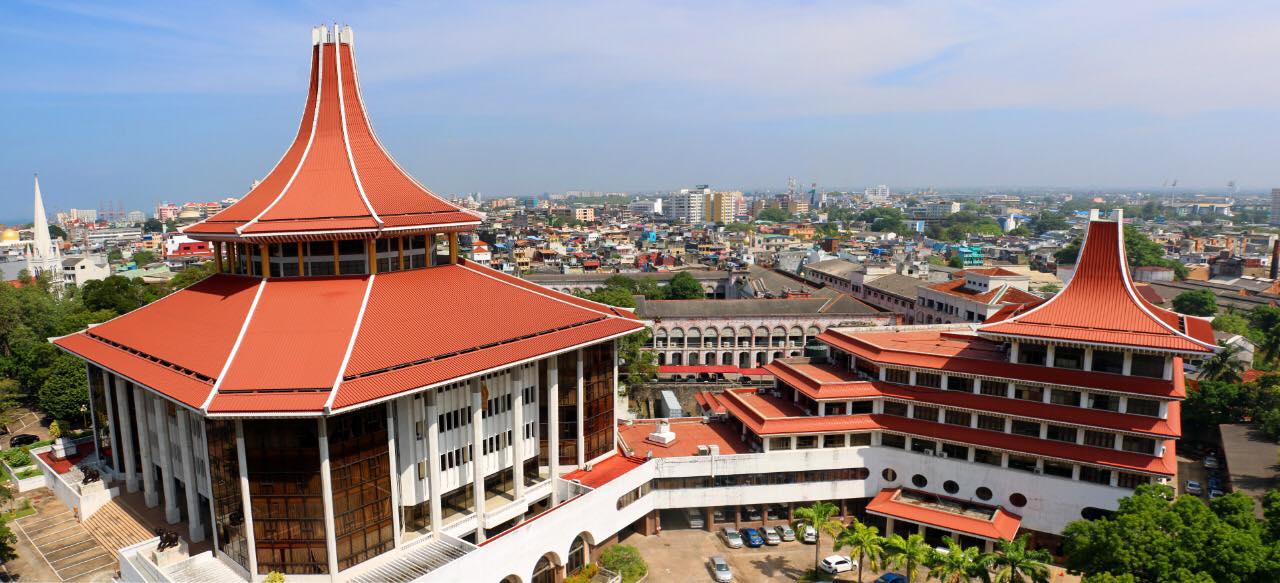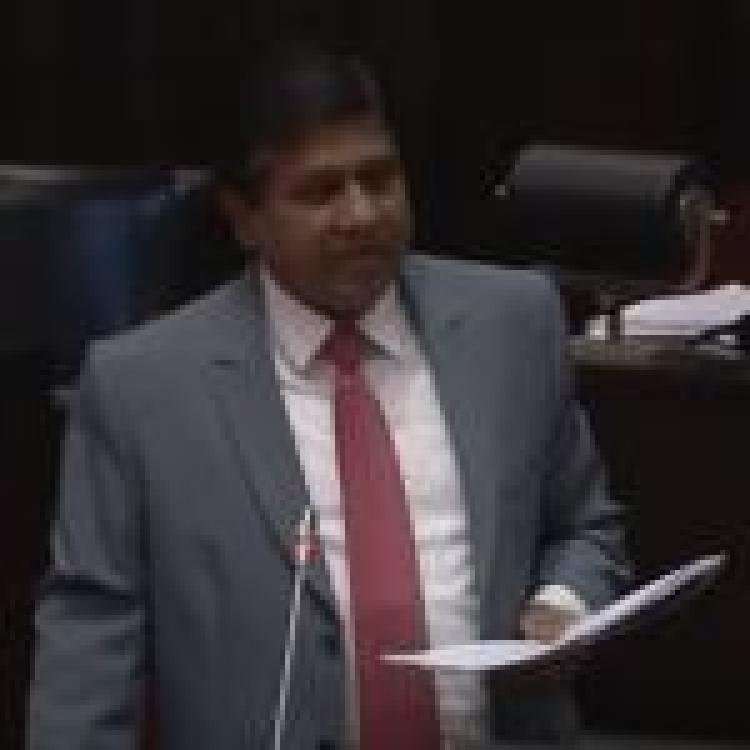
Sri Lanka's President Ranil Wickremesinghe has taken control of the Ministry of Justice, Prison Affairs, and Constitutional Reforms, following the resignation of Wijeyadasa Rajapakshe, who stepped down from his ministerial role to run in the upcoming Presidential election.
A Gazette notification issued on August 7 by the Secretary to the President, Saman Ekanayake, officially designated the ministry under the President’s purview. This move, made in consultation with the Prime Minister under Article 44 (3) of the Constitution, positions Wickremesinghe at the helm of the critical ministerial portfolio.
Rajapakshe, who announced his candidacy on July 25 and resigned on July 29, had been a controversial figure during his tenure. Before leaving office, he advocated for the Anti-Terrorism Act, a proposed legislation criticized by the Office of the High Commissioner of Human Rights (OHCHR) for its broad definition of terrorism and expansive powers.
The former justice minister Rajapakshe has also been vocal against the Tamil diaspora, especially regarding their role in the passage of UN Human Rights Council (UNHRC) resolution 51/L1, and has promoted another domestic mechanism, the Office for National Unity and Reconciliation, as an alternative. However, these domestic approaches have been consistently rejected by the Tamil community, which argues that such mechanisms have failed to deliver justice or accountability.
In October 2022, Tamil families of the disappeared protested in Jaffna against a visit by the Justice Minister, underscoring their disapproval of the Office of Missing Persons, which has not yielded significant outcomes since its establishment in 2017. The President's new oversight of the Justice Ministry comes at a critical time, with ongoing scrutiny of the government's approach to justice and reconciliation.

